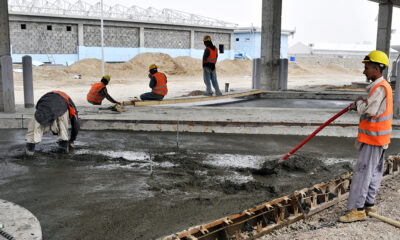Latest News
Pakistan ‘does not want armed conflict with Afghanistan’
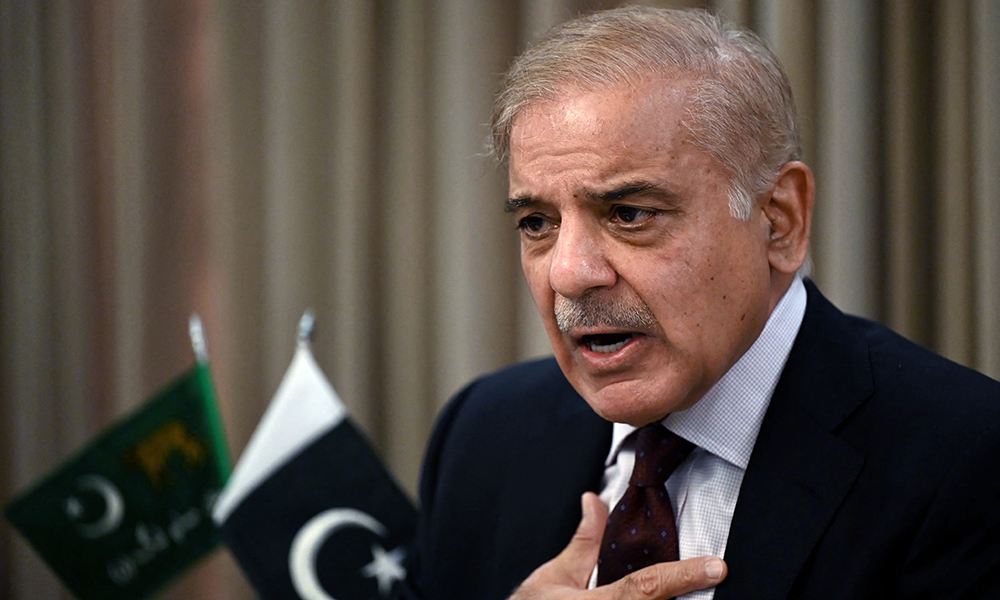
Following Pakistan’s airstrikes in Paktika and Khost provinces on Monday, Pakistan’s Prime Minister Shehbaz Sharif said Islamabad will not tolerate any form of cross border terrorism.
He said during a cabinet meeting on Wednesday: “We will not tolerate any form of terrorism from across the borders under any circumstances.”
Sharif emphasized that Pakistan’s borders are a red line against terrorism and that “terrorism must be eradicated.”
In the past year, Pakistan has consistently accused the Islamic Emirate of Afghanistan (IEA) of supporting terrorist groups such as the Tehreek- e-Taliban Pakistan (TTP) and has repeatedly urged the IEA to take serious action against this group and hand over its leaders to Pakistan.
However, the IEA has consistently denied Pakistan’s allegations.
Pakistan’s Defense Minister Khawaja Asif meanwhile says his country does not want to engage in an armed conflict with Afghanistan.
“Force is the last resort. We do not want to have an armed conflict with Afghanistan,” Asif said, speaking exclusively to VOA.
However, he warned that Islamabad could block the corridor it provides to landlocked Afghanistan for trade with India, saying Pakistan has the right to stop facilitating Kabul if it fails to curb anti-Pakistan terrorists operating on Afghan soil, VOA reported.
“If Afghanistan treats us like an enemy, then why should we give them a trade corridor?” he said.
This comes after Monday’s airstrikes against alleged militant hideouts in Paktika and Khost provinces in Afghanistan following an insurgent attack by Tehreek-e-Taliban (TTP) in Pakistan’s Waziristan on Saturday.
Pakistan claims Afghanistan’s leaders are not cracking down on TTP in the country – a claim the IEA rejects.
Five women and three children were killed in Monday’s airstrikes. IEA spokesperson Zabihullah Mujahid meanwhile warned of serious consequences earlier this week.
“Pakistan should not blame Afghanistan for the lack of control, incompetence and problems in its own territory. Such incidents can have very bad consequences, which will be out of Pakistan’s control,” Mujahid said in a statement.
Following the airstrikes, security forces along the Durand Line retaliated and targeted Pakistani military posts with “heavy weapons.”
Since Tuesday, a tense calm has prevailed along the 2,600-kilometer-long border.
Experts meanwhile say that while the IEA does not have the military might to attack Pakistan, the Islamic Emirate could use unconventional means, including actively supporting anti-Pakistan militants, to respond if aggression from Islamabad grows.
“If they can harm us, then we’ll be forced to [retaliate],” Asif said, while expressing hope that Afghanistan would meet the “single demand” of reining in TTP, preventing the need for future military strikes from Pakistan.
Reacting to Monday’s strikes, the U.S. State Department urged Pakistan and Afghan Taliban to take steps to address differences.
“We urge the Taliban to ensure that terrorist attacks are not launched from Afghan soil, and we urge Pakistan to exercise restraint and ensure civilians are not harmed in their counterterrorism efforts,” deputy spokesperson Vedant Patel told the media during a regular press briefing Monday.
Meanwhile, former Pakistani information minister Jan Achakzai warns that if the IEA keeps attacking Pakistan, Islamabad may seize the “Wakhan corridor.”
Achakzai wrote on his social media platform X on Wednesday that Pakistan would swiftly enter Afghanistan and annex the Wakhan corridor to gain access to the Central Asian countries.
The Wakhan Corridor is a narrow strip of land in northeastern Afghanistan, extending between Tajikistan, Pakistan, and China. It serves as a buffer zone between Afghanistan and its neighbors.
The Wakhan Corridor has historically been a significant trade route connecting Central Asia with South Asia and the Middle East. It played a crucial role in the ancient Silk Road network.
Latest News
Moscow’s move a ‘significant step toward recognizing Afghanistan’s political realities’, says Haqqani
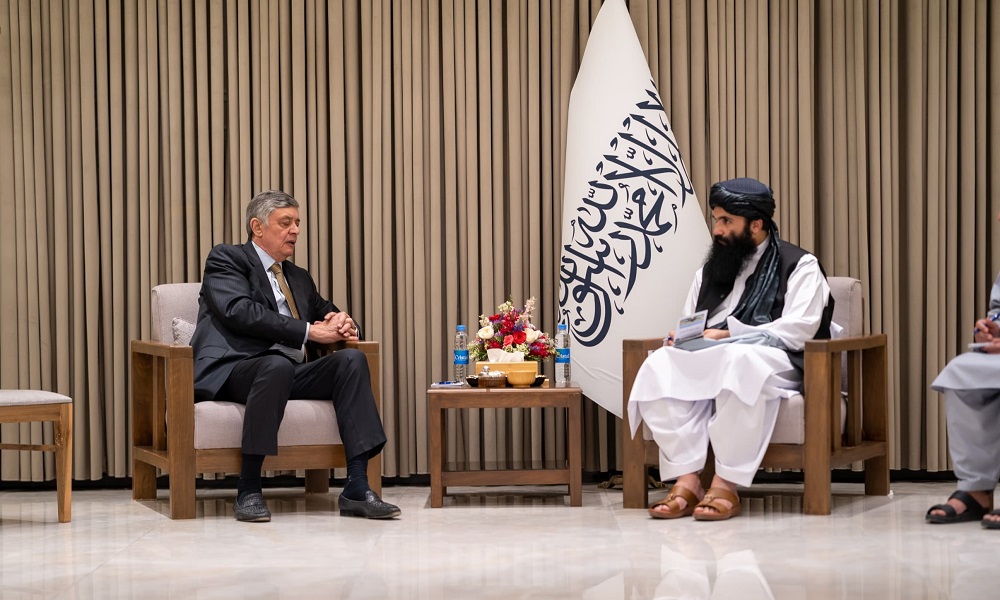
Acting Minister of Interior Sirajuddin Haqqani on Wednesday met with Zamir Kabulov, Russia’s special envoy for Afghanistan, and Dmitry Zhirnov, Russia’s ambassador to Kabul.
Haqqani expressed appreciation for Moscow’s recent decision to remove the Islamic Emirate from its list of terrorist organizations. He described the move as “a significant step toward recognizing the political realities of Afghanistan.”
In a statement, the interior ministry said that both sides emphasized the importance of upgrading diplomatic relations to the level of embassies and reaffirmed their commitment to mutual cooperation in the fields of security and trade.
During the meeting, the two parties also discussed regional and bilateral cooperation in the areas of security, economy, and commerce, and stressed the need to strengthen ties between the two countries.
Latest News
Special meeting will be held to launch Afghanistan–Russia joint commission, says Kabulov
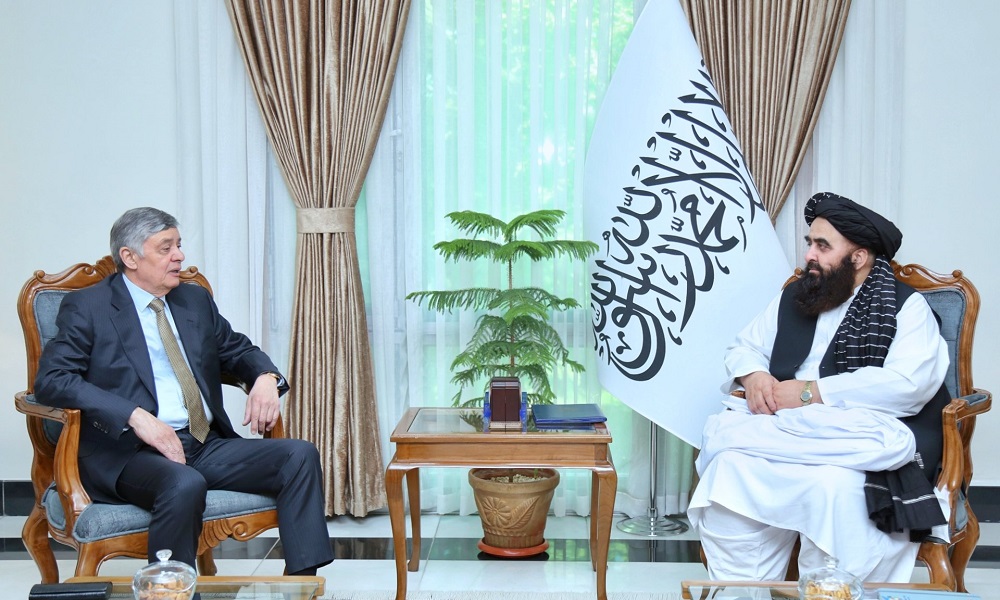
Zamir Kabulov, Russia’s special envoy for Afghanistan, on Wednesday met with Afghanistan’s Acting Minister of Foreign Affairs Amir Khan Muttaqi in Kabul and said a special meeting will be held on the sidelines of the Kazan Forum to officially launch the permanent joint commission between Russia and Afghanistan.
According to a statement issued by the Afghan foreign ministry, Kabulov said that expanding relations with Afghanistan is important to Russia, and for that purpose, Moscow has taken steps to remove obstacles in the path of developing bilateral ties.
This comes after Moscow last week removed the Islamic Emirate from their list of militant organizations.
During the meeting, Muttaqi expressed appreciation for Russia’s recent move to remove the IEA from its list of banned organizations and stated that the Islamic Emirate will soon appoint a diplomat at the ambassadorial level to serve in Moscow.
The two sides also discussed enhancing bilateral relations between Afghanistan and Russia, expanding economic and trade cooperation, and addressing certain regional issues.
The 16th International Economic Forum “Russia – Islamic World: Kazan Forum” will be held from May 13 to 18 in the city of Kazan, Russia. Afghan products and goods will be showcased at the event.
Latest News
Balochistan business chamber asks Islamabad to issue work permits to Afghan refugees
This comes amid Pakistan’s ongoing campaign to expel hundreds of thousands of Afghan refugees living in the country.
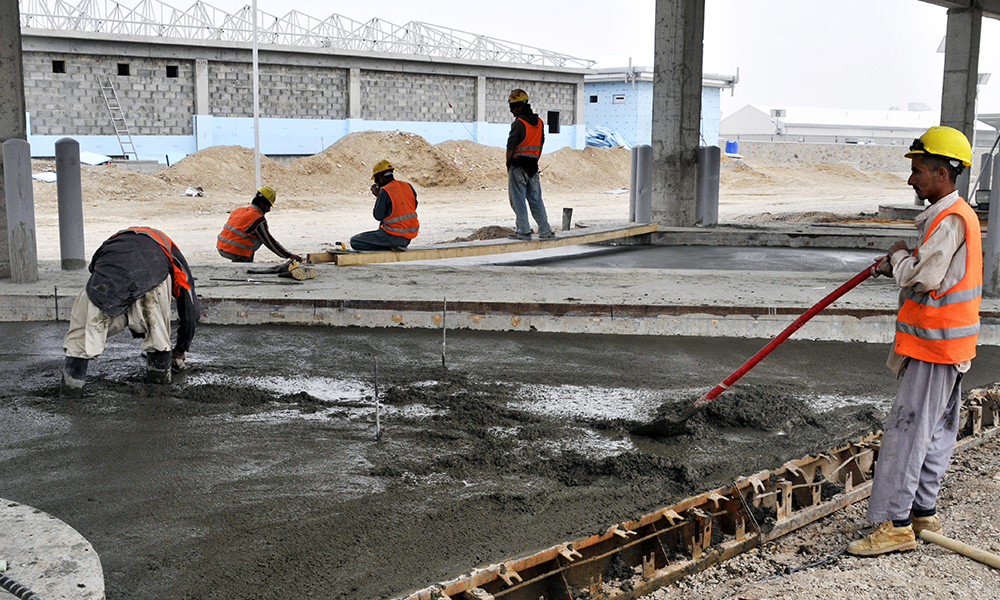
The Balochistan Chamber of Commerce and Industry in Quetta, Pakistan, has appealed to the federal government to issue work permits to skilled Afghan refugees who work in various sectors including mining and agriculture.
Haji Akhtar Kakar, the vice president of the chamber of commerce and industry, made the request while pointing out that the existing shortage of skilled labour could worsen further if the issue was not addressed promptly, Dawn news reported.
This comes amid Pakistan’s ongoing campaign to expel hundreds of thousands of Afghan refugees living in the country.
Akhtar said however that due to Balochistan’s deteriorating security situation, mine owners, farmers and industrialists have had to rely on Afghans for skilled labor as Pakistani workers from other provinces were reluctant to move to Balochistan.
According to him, the decision to expel Afghan refugees had severely impacted the agriculture, mining, and industrial sectors in Balochistan, as a significant portion of the workforce came from Afghanistan.
-
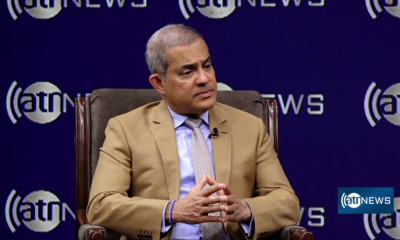
 Latest News5 days ago
Latest News5 days agoEngagement and diplomacy key to solving Afghanistan’s challenges, says Ratwatte
-

 Sport4 days ago
Sport4 days agoAfghanistan qualify for U19 Cricket World Cup 2026
-

 Regional5 days ago
Regional5 days agoDeadliest US strike in Yemen kills 74 at oil terminal, Houthis say
-

 World3 days ago
World3 days agoThousands of protesters rally against Trump across US
-

 World4 days ago
World4 days agoIran, US end nuclear talks in Rome, agree to meet next week
-

 Latest News3 days ago
Latest News3 days agoPolio vaccination campaign launched in Afghanistan
-

 International Sports3 days ago
International Sports3 days agoIPL 2025: 14-year-old Vaibhav Suryavanshi becomes youngest IPL player
-

 Latest News2 days ago
Latest News2 days agoChina invites various Afghan delegations to attend Shanghai forums










